Emergency contraception
Emergency contraception (EC) is designed to prevent pregnancy when you have not used a method of contraception or your normal methods of birth control have failed. For example, if you forget to take the pill, or if a condom splits.
There are two types of emergency contraception available:
- Emergency Contraception tablets – sometimes also called ‘the morning after pill’.
- Intrauterine device (IUD) sometimes called ‘the coil’.
It’s really important to remember that if you have had unprotected sex (condom-less sex), then you are also at risk of a sexually transmitted infection (STI). STIs are very common and often have no signs or symptoms.
You can find your nearest EC provider on the NHS.uk site here. You can also use the ‘Find a Service’ option on this website.
Your local sexual health clinic will also be able to advise on your sexual health, get advice on contraception and STI testing. .

Who can use it?
Anyone at risk of pregnancy can use the ‘morning after pill’ for emergency contraception, even if they can’t use hormonal birth control on a regular basis. It is suitable for for any age, including under 16s.
Most people at risk of pregnancy can use the copper IUD for emergency contraception too.

Where can I get it?
You can get all forms of emergency contraception (EC) free from any Devon Sexual Health clinic, please call our service (Monday-Friday 9-5pm) and we will review you the same day.
You can also get emergency contraceptive pills (the morning after pill) from most pharmacies and from your GP. If you have had unprotected sex then it’s important that you take the ‘morning after pill’ as soon as possible afterwards.
EC pills are available free from GPs and also from some pharmacies if you are 13-24. You can find your nearest EC provider on the NHS.uk site here.
In addition, EC pills can be bought online, although the cheapest medication may not always be the best option.
Wherever you are reviewed, you should be offered testing for STIs at the same time.
If you have been raped or sexually abused you can get advice, support, emergency contraception and STI testing at a Devon & Cornwall SARC.

How effective is it?
The sooner you use emergency contraception, the more effective it is.
There are two types of EC pill:
Levonelle, is only licensed within 72 hours (3 days) of having unprotected sex, although it may work up to 96 hours. Be careful though, it becomes less effective as time passes.
Ulipristal acetate (UPA or EllaOne), is also a ‘morning after pill’ which is licensed up to 120 hours (5 days) after having unprotected sex, however, it is also most likely to work if taken as soon as possible.
Both pills work by stopping you producing an egg (ovulation). If you have already produced an egg that month they are unlikely to work.
There are also certain conditions that will make the ‘morning after pill’ less effective. If you throw up (vomit) within 3 hours of taking the pill then the hormones won’t have been absorbed into your body. If you are taking other medication then it can also reduce the effectiveness of the morning after pill.
Intrauterine device (IUD) is a small copper and plastic device that is inserted into your uterus (womb) by a doctor or a nurse. The IUD can be inserted up to 5 days after unprotected sex and sometimes even later than that depending on when your last period was. It is 99% effective at preventing pregnancy. You can also choose to leave the IUD in as a continuing method of birth control.
Whichever method of EC you use, it is very important that you do a pregnancy test 3 weeks after the unprotected sex to ensure you are not pregnant. You cannot rely on you next period as it might be affected by the emergency contraception you have used.

Which type?
Levonelle
- Best taken within 3 days
- Available at pharmacies and clinics and GPs
- Can be 85-95% effective
- May make you feel sick or cause headaches
UPA (EllaOne)
- Must be taken within 5 days
- Available at pharmacies and clinics and GPs
- Can be 95% effective
- May make you feel sick or cause headaches
IUD Copper Coil
- Must be fitted within a certain time frame
- Available at clinics
- Can be 99% effective
- May cause some short term soreness when fitted

Side effects
Long term side effects of any of these forms of emergency contraception are rare. However you may experience some short term discomfort.
Side effects of the ‘morning after pill’ may include: headaches; stomach ache; feeling sick; or changes to your next period – it could be earlier, later, lighter or heavier.
Side effects of the IUD copper coil may include, temporary pain or discomfort when fitting, and longer, heavier periods if you choose to keep it as a form of birth control.

